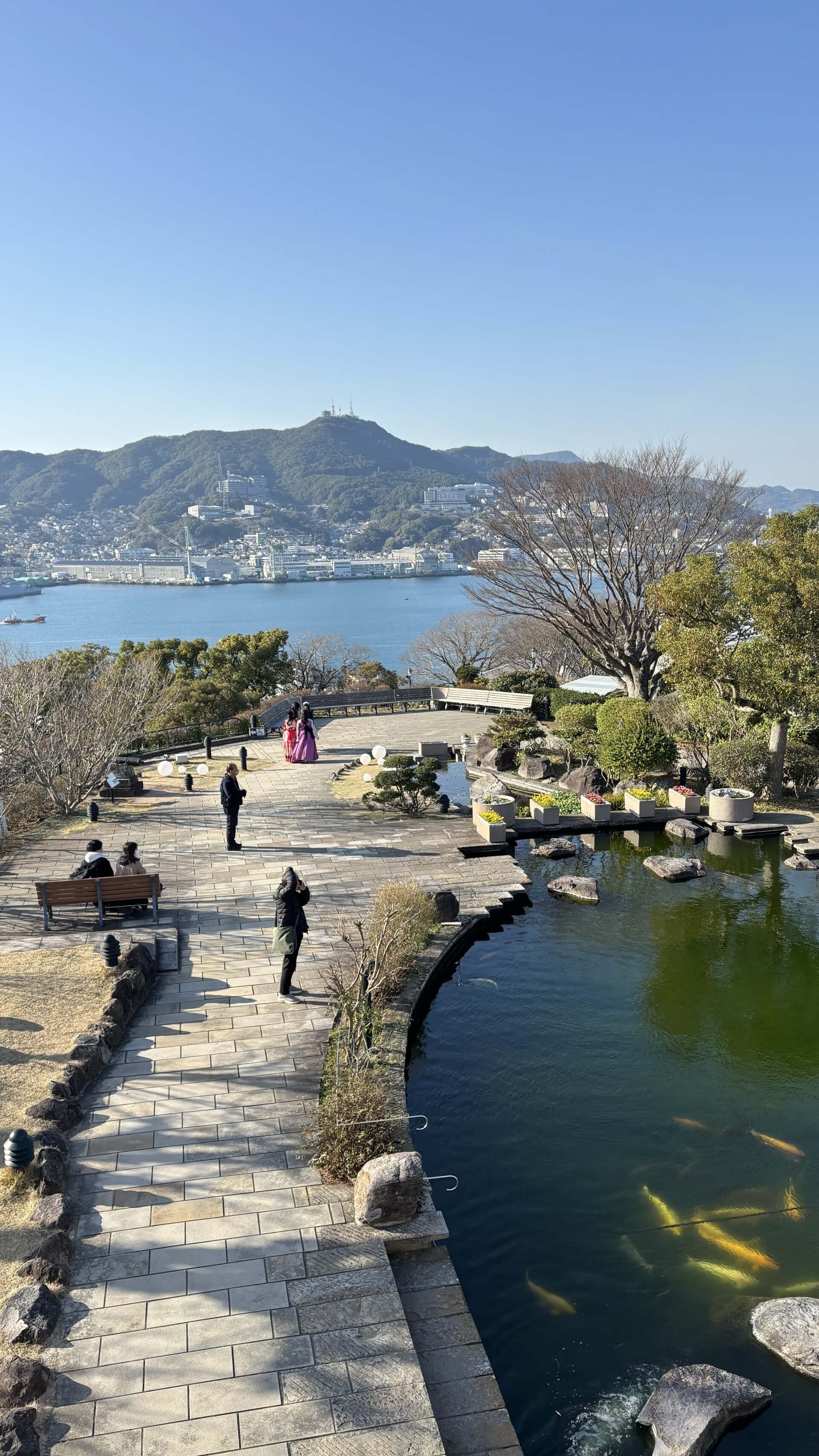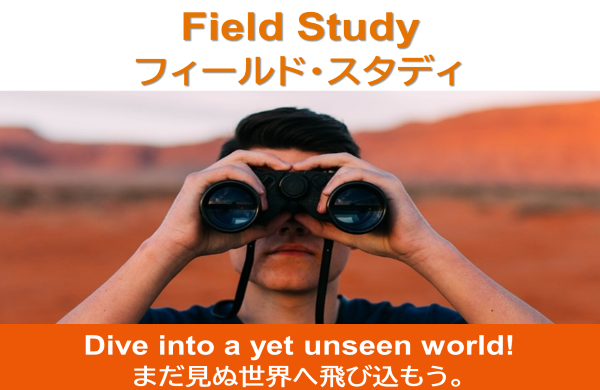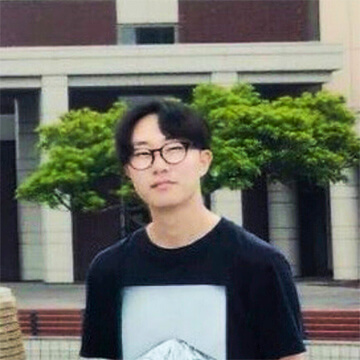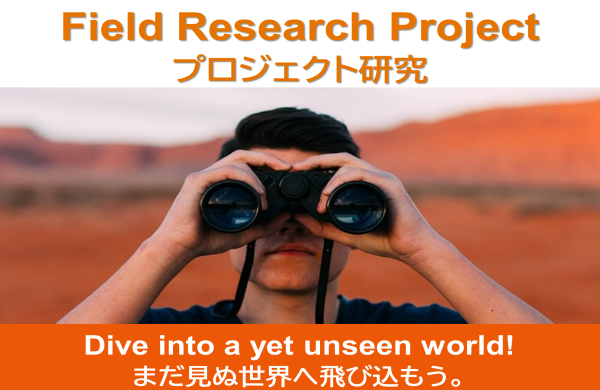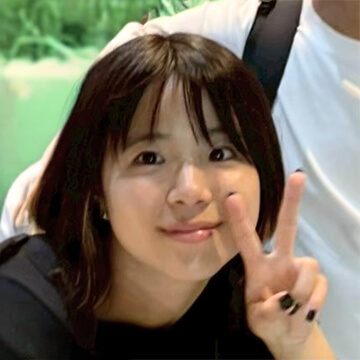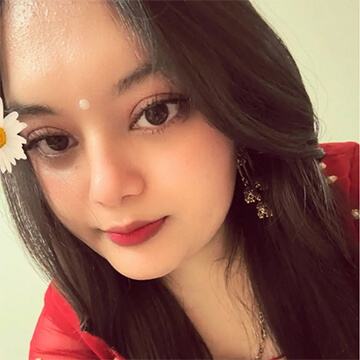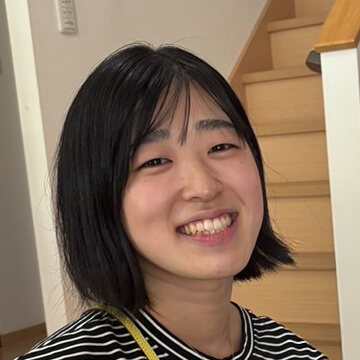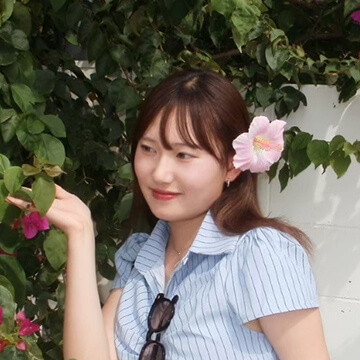Program: (ST) Nagasaki Field Study
Instructor: YOSHIZAWA Kiyoyoshi
Reasons for Participating in the Program
Last summer, I participated in a field study in Europe comparing the differences in heritage tourism between urban and rural areas. This sparked my interest in rural revitalization through tourism, prompting me to learn about similar initiatives in Japan, which led me to join the field study in Nagasaki. Given the relatively new status of tourism studies, I believed firsthand experiences would deeply enrich my learning. Thus, I actively took opportunities to see, contemplate, and experience things firsthand, recognizing the profound value they hold in expanding my understanding.
How the Program Helped You Grow
Experiences in this program helped me to dispel the vague assumption of perceiving regional tourism solely as an economic venture. Instead, I learnt the significance of small yet meaningful human connections, fostering community revitalization and attracting new visitors. Engaging with individuals in Nagasaki’s tourism sector, I heard their heartfelt stories and learned about history which enable to link my own experiences and absorbing knowledge through interactive questioning. Exploring various places in historic Nagasaki stimulated my interest in its history including the Christian era, extending my curiosity after this program.
Message for Students Interested in The Program
Compared to other majors and disciplines, I have felt that tourism studies are one of the fields that can be challenging to self-learn as classroom lectures alone don’t suffice. Therefore, it is significant to actively immerse yourself in the field, experiencing and broadening personal interests. Field studies offer insights and interactions with people that would be impossible through personal travel. Collaborating with peers and professors, feeling free to discuss thoughts and questions, creates an invaluable environment. Beyond the knowledge gained, relationships formed in places like Nagasaki during field studies become enduring assets, enriching your cultural capital long even after the program.
